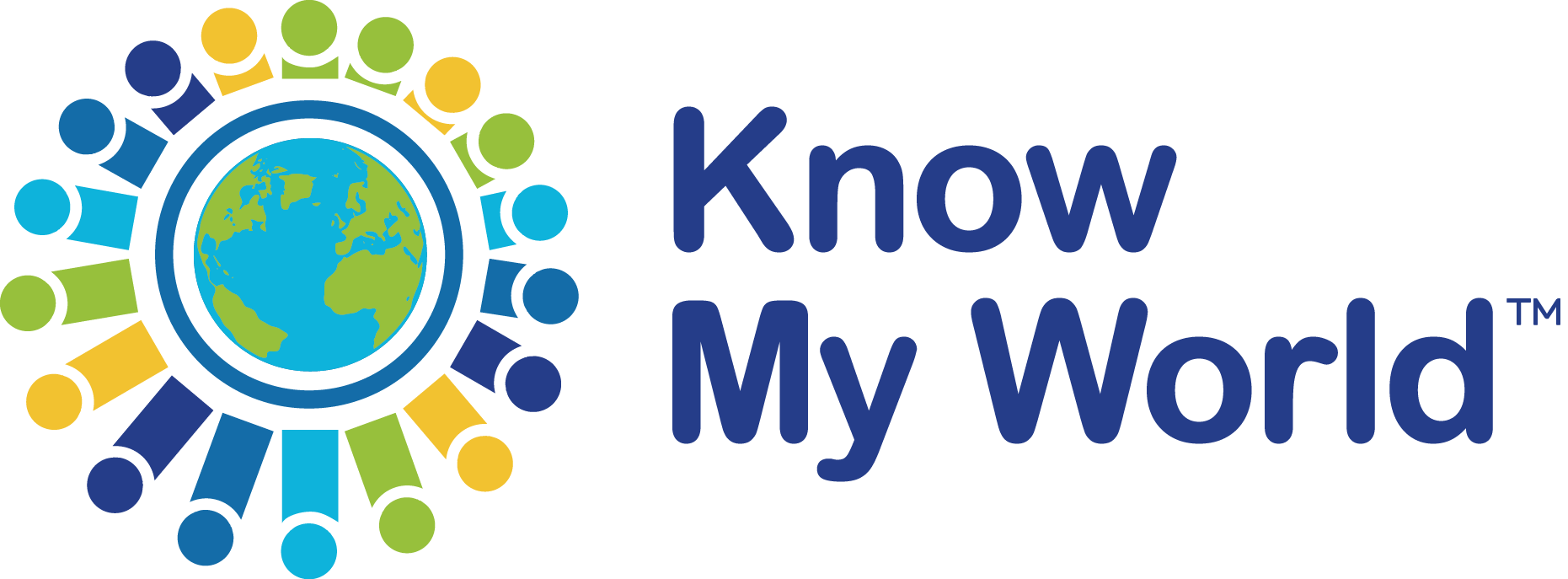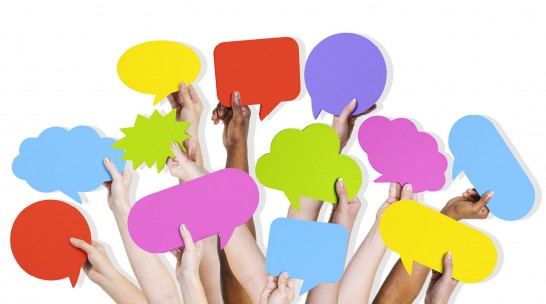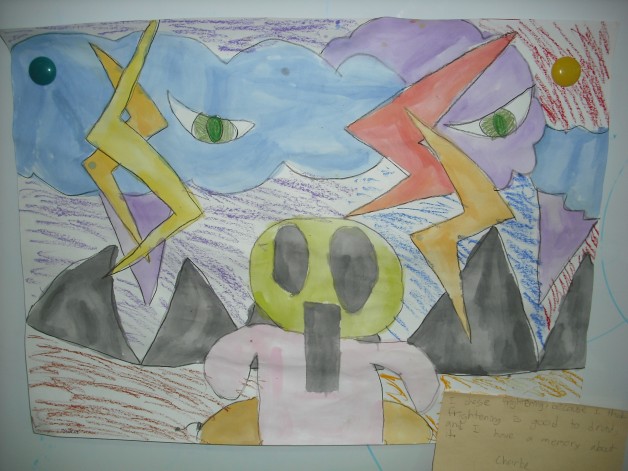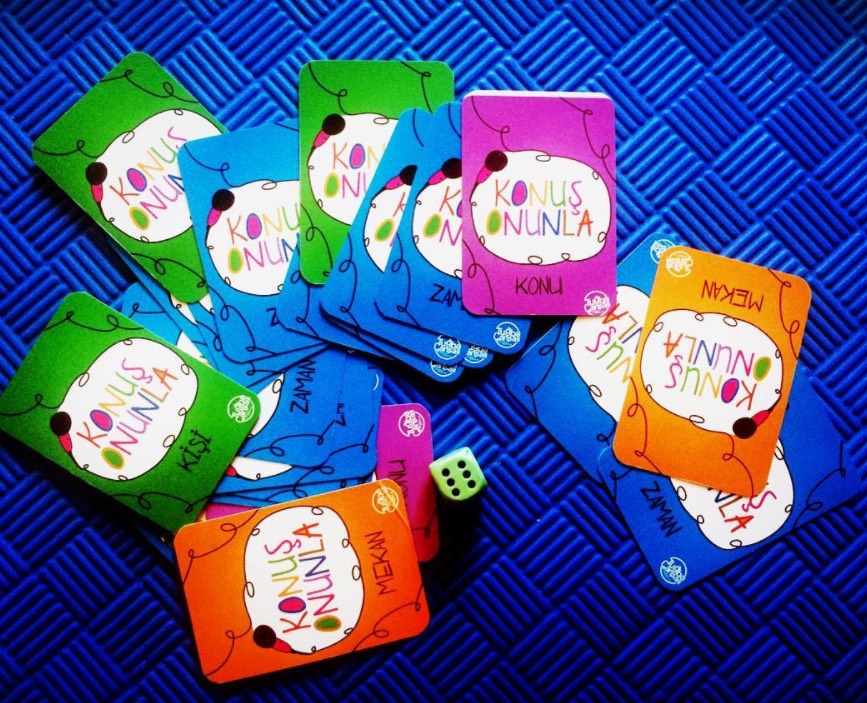
I am always on the lookout for different instructional strategies and approaches to teaching from all over the world. One of Know My World’s facilitators, Elyse Pate, shared an amazing organization with me that a woman named Tugba Cansali from Turkey started called Learning Designs. Tugba uses games as a key strategy and integrates them into curriculum and training. She has just returned to Turkey after completing her Masters Degree in the United States and I requested a Skype call with her to find out more. I was very impressed by her story and I’m excited to share this great organization and teaching resource with the Know My World community.
Where are you from and where do you live?
I am from Kula, it is close to Izmir, but I’ve lived in different places around Turkey. I studied in Antalya, then lived in Ankara, and after I moved to Istanbul.
What and where did you study?
I studied Public Administration in Antalya and then did a masters in SIT (School of International Training) with a focus on International and Comparative Education, in Vermont, USA
What are you the founder of?
I am the founder of Learning Designs which is a social company. We design games for curriculum purposes. We also train not only teachers but trainers in all fields. We design activities and games, board games and card games and some physical games. We have more than 50 games, and all have different content and themes. We have skill building games and content-based games. Some of our topics are: cancer awareness, democracy, entrepreneurship and social entrepreneurship, code writing games, etc. We also have a values game, which is a board game based on teaching values. Lately, we are working on a game about gender equality for schools. There will be a platform for the game and teachers can log in and find lots of different activities related to their lessons, and when they apply these activities they will raise awareness about gender equality.
We do many other things as well. We have about 10-12 games for refugee children. Those games have been used in UNICEF spaces, and other child friendly spaces for educational purposes. Lastly, we do training courses in different continents, where we train trainers, educators and human relation coordinators in many different types of companies.
When did you start this?
I have been doing these training’s for more than 10 years. But it became officially a company in 2015.

What languages are these games in?
Usually they are in Turkish, but some games don’t need language. Now we have some in English, Italian, Portuguese, Spanish and Dutch and we are translating to Finnish language as well. These are the games which are designed for educational purposes and geared towards youth as entrepreneurship games. Now we have different trainings coming up in Brazil, Peru and Mexico to train others how to play these games.
How does the company work?
We are working on tailor made games, which works like this: clients like NGOs, companies or schools, get in touch with us and share their content and their learning purposes and objectives, They also share where they want to apply these games, with which ages, etc. Then we design the game with the material. After designing, we train them how to use the game while also providing a manual for each of the games. This is one way that it works.
Another way is for them to purchase games we already have, which we sell on an online platform (good4trust.org). They provide an online marketing platform for organizations who are working for a good cause. When you apply with them, if they like your organization, and it’s serving a socially good purpose, they sell your products for a small fee. We have a shop on this online platform. Even outside this platform, organizations are finding our games through word of mouth.
Thirdly, we also design interactive curriculum. For example, with the refugee children, we planned to present the games in the form of a caravan. They asked us to design lessons from games. We made 1100 games for them related to math, geography and other core subjects. These games became a database of core curriculum content.
Lastly, we do games for training purposes. For example, we just had one for restaurant management. The company may already have a training routine, but the younger generation doesn’t like their presentation, so they asked us how to make it more interesting using games. We took the content they had, and made different activities with cards and other games. They have now been running it for 2 years.
How did you come up with the idea?
I was a trainer for European commission, for the Erasmus program. During that time I was in University, where I was involved with a lot of projects around experiential learning. People were really drawn to my methods, so it was effective to their behaviours and way of life. When I realized this, I thought about doing something related to it. Then I created a card game for my trainings, and people kept asking me to purchase it. And I was giving them the information, but it was still hard to explain the game, and for them to understand or apply it. From this, I came up with the idea to create special games for people to help trainers and educators and everyone, not just schools and NGOs, but also companies who could use similar methods. At first it wasn’t easy because people would look at it as games for children. However, I kept insisting that games don’t only have to be for children. Then people kept thinking it was all video games, but I explained that these games could be more engaging than that. So, I started a blog and shared it on social media, then I started translating them. First, it was energizing games, team builders, and so on. Slowly people began to be very interested and kept asking for more. So now we expanded the type of games we do and they have become more popular.

What is challenging about running this company?
There are many challenges. Firstly, it is a social company, which in Turkey aren’t very recognized. We don’t have regulations for social companies. This is a tough challenge especially when we work with many NGOs and refugee organizations. Also, we have 146 volunteers all around Turkey, and we provide them with different training’s and activities during their time with us, which we pay for. These things are amazing, but we are not an NGO, and we are not a company, we are in between both of them, so it is a little hard not being recognized for this in the way it is meant to be.
Another challenge is that it is something innovative. Designing and producing the games is hard. For example, with producing board games, when you produce 1 it’s easy, but if you want to do many, it is more challenging. To print too much or to do everything by hand, are both challenging. In the beginning we were doing complex boards, but I saw it was very expensive to do this. From all of these challenges though, we are learning more and more with each game we develop. This is both difficult, but also provides great lessons.
What do you love most about it?
Whatever we do, at the end, when I see people loving it, using it and learning from it, I feel very happy. My motivation is that it has a beneficial learning outcome.
For the gender equality project, I mentioned before, we have 1 platform supporting us, we have 10 teams applying this social project, and it is aimed for children 9-12 years old. When we did some prototype activities at schools, we initially saw that when the children started playing the girls wanted to play with girls and the boys wanted to play with boys. However, when we applied these activities and mixed the genders, we saw that at the end, their perspectives were changing. We could see how these games were affecting the way they were thinking.
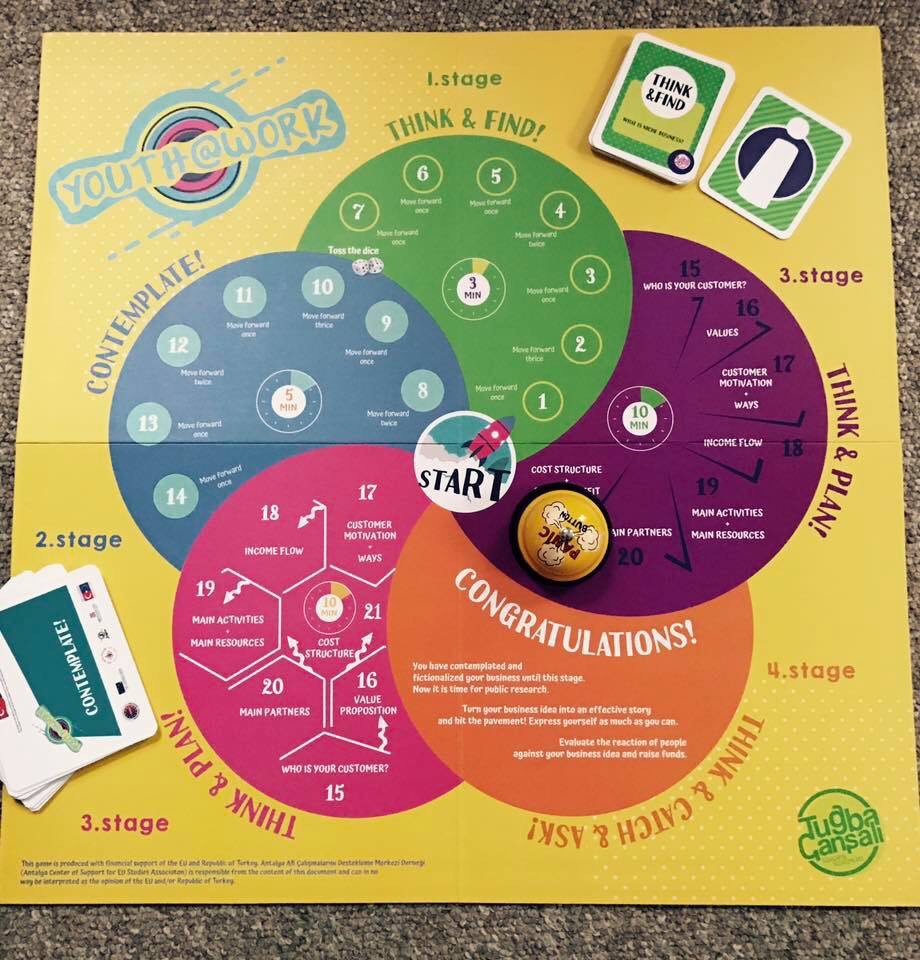
What are your future goals?
We have many future goals for this company. One of them is to start creating a learning hub of some sort. In this hub all educators can come and create their own tools or games, and they can get mentorship for designing these games. Also, we can do this for families to support their children. And for young people, to help them have a self-directed learning platform.
What can you tell us about Turkey?
I love turkey, I especially love Istanbul. It’s such an inspiring city. That’s why I came back here after completing my masters in the US. Here you can meet lots of inspiring people everyday and the city is teaching me something everyday. It is my favorite city. I also travel to a lot of different countries as well. I’ve been to about 40 different countries so far, however, Istanbul is still my favorite. I have not mentioned yet that I have another program about traveling as well.
What is this program?
The name is YOLA. Your learning adventure (in Turkish yola means route). This is what we do: you can go to the webpage, and you can see someone’s adventure in Turkey for example. Our first guy to participate in this was named Nick. We asked our volunteers living all around Turkey to help Nick in his adventure. So he traveled with local transportations, he stayed around Turkey in homestays with our volunteers, and they arranged for him to visit different NGOs and do workshops at. He did some activities with children. From his experience, we wanted to provide this program to other people as well. We want to individualize each adventure for the participants. For example, if you want to see some companies, then we arrange meetings with them for you, or if you’d like to visit universities then we help arrange those visits. You could also want to interact with different NGOs, so we help set that up. We will soon add orientation training in Istanbul for people to learn the Turkish language and about Turkish culture. Basically, it is a platform that combines traveling with learning and growing in your career or interests.
Except for Turkey, what is your favorite place that you have traveled?
I like Italy a lot, I traveled there quite a bit. But I also love Latin America, and Spanish speaking countries. I am looking forward to going to Mexico.
Çok teşekkür ederim Tugba for sharing your amazing company.
After this interview I was truly inspired and motivated. Her ideas seemed to have no end and we talked some more about how she wishes to change the way we deliver information or teach subjects at schools. We talked a lot about how games and activities can really make learning fun and engaging. When we are having fun, we are more receptive to the information being given. I could see she was very driven and loved being a teacher and learning at the same time. Tugba and I both share a love for Turkey and Istanbul and I truly hope I get to meet with her and collaborate with her in the near future. I strongly suggest checking out her company’s website in English: http://learningdesigns.co/ or in Turkish: https://www.ogrenmetasarimlari.com/, along with their other social media platforms.
